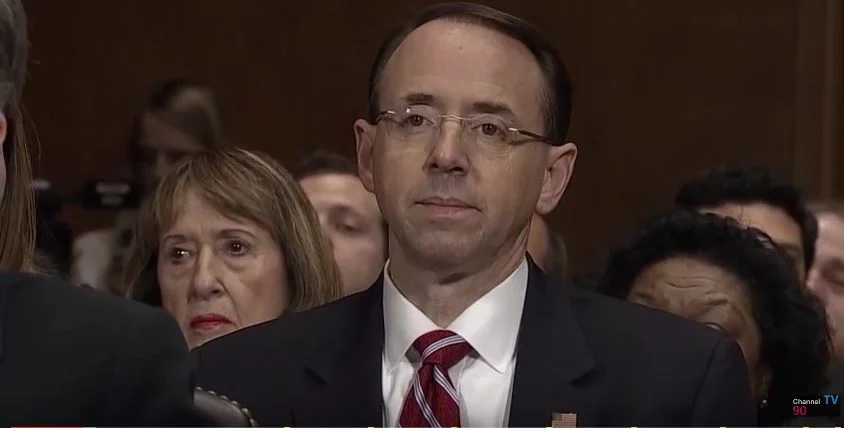Some of our readers who have followed this site from the beginning already know that we have discussed anonymous sources extensively — the right way and the wrong way to use them. When we say “right” and “wrong,” we mean “how not to look like an idiot eventually.”
In fact, The New York Times and Washington Post’s own guidelines caution against using unnamed sources more than very rarely. One of the biggest no-no’s is directly quoting the anonymous source, or further, using direct quotes allegedly by another person that were conveyed by a third party in the article because doing so could involve some embellishment or other distortion that may reflect someone’s vendetta.


